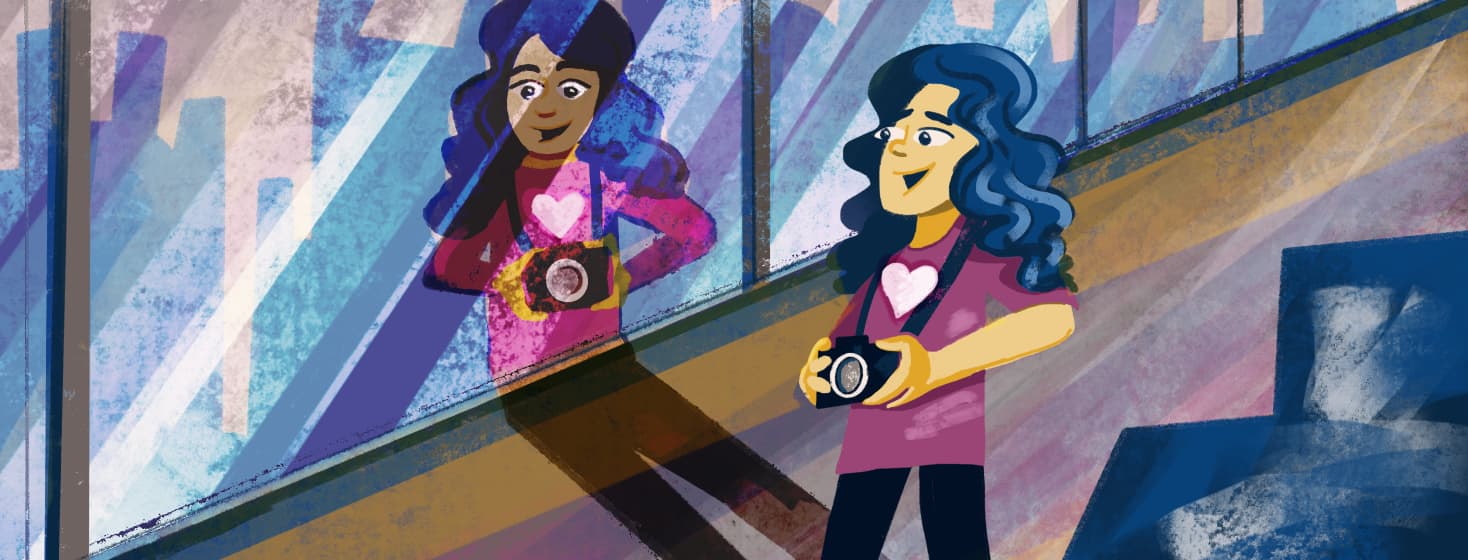Patient Care
Most people do not believe me when I tell them that I have a heart transplant. I am a 34-year-old working healthcare professional. I spend my weekends enjoying my time with friends. I am on the patient community advisory committee at American Society of Transplantation. I travel when I can, whether it’s alone or with my family. I like bargain shopping and walking around the city with my camera. I go to the gym almost every day. I have lived in Los Angeles, Philadelphia, and New York City with no regrets. I believe that my life is beautiful and I am so grateful for every minute of it.
When some people hear “heart transplant,” they assume that this means that I’m frail, weak – indefinitely bound to pumps and machines at the hospital. They assume that I can’t do anything “like a normal person” (whatever that means). This is not the case. Heart transplant surgery has been saving lives for decades and has been improving with technologies that we have today. We now have new surgical techniques, medications, and management options.
Connecting with my cardiac patients
Ironically, I am a physician who works in various intensive care units (ICUs), including cardiac ICUs. I meet and take care of people with heart failure very often. Some of my patients have stories similar to mine, and almost all of us share our heart failure and chronic illness anxiety together. I love all of my patients and I truly enjoy taking care of people, but there is a special place in my heart for cardiac patients. No pun intended.
When others ask me if I share my heart transplant journey with my patients – of course I do! I share my story when it is appropriate, and many of my patients do know about my condition. I think that it is important to show others that, although it’s not easy, living with a heart transplant is absolutely manageable. I sometimes talk to them about various side effects of our shared medications. For example, I will let them know that yes, prednisone also made me feel too "wired up" at times. The first few months were the most difficult, but things usually get easier with time.
Bringing hope into patient care
I especially love it when a person in the hospital or their family member says something along the lines of, “You standing in front of me gives me hope.” Any time I hear that, I realize that not only am I their doctor but – more importantly – I am a human being, just like them, with real health issues and worries. That alone helps me empathize well with patients.
It is imperative that we do not stigmatize or negatively judge others living with transplant. Organ transplantation gives some of us a better quality of life than we could ever hope for and lets us go back to things we had always loved doing, prior to our illness. Of course, organ transplantation is not a cure for heart failure. Rather, it is a different way to manage heart failure. I still highlight this important fact with everyone I meet, including my patients. Perhaps my candor about my illness helps them trust me. Nevertheless, I love taking care of people like me who are going through things that I’ve been through. I learn from them as much as I can. Not many of us can say that.
Do you have a heart failure story? Click the button below to share with our community!

Join the conversation